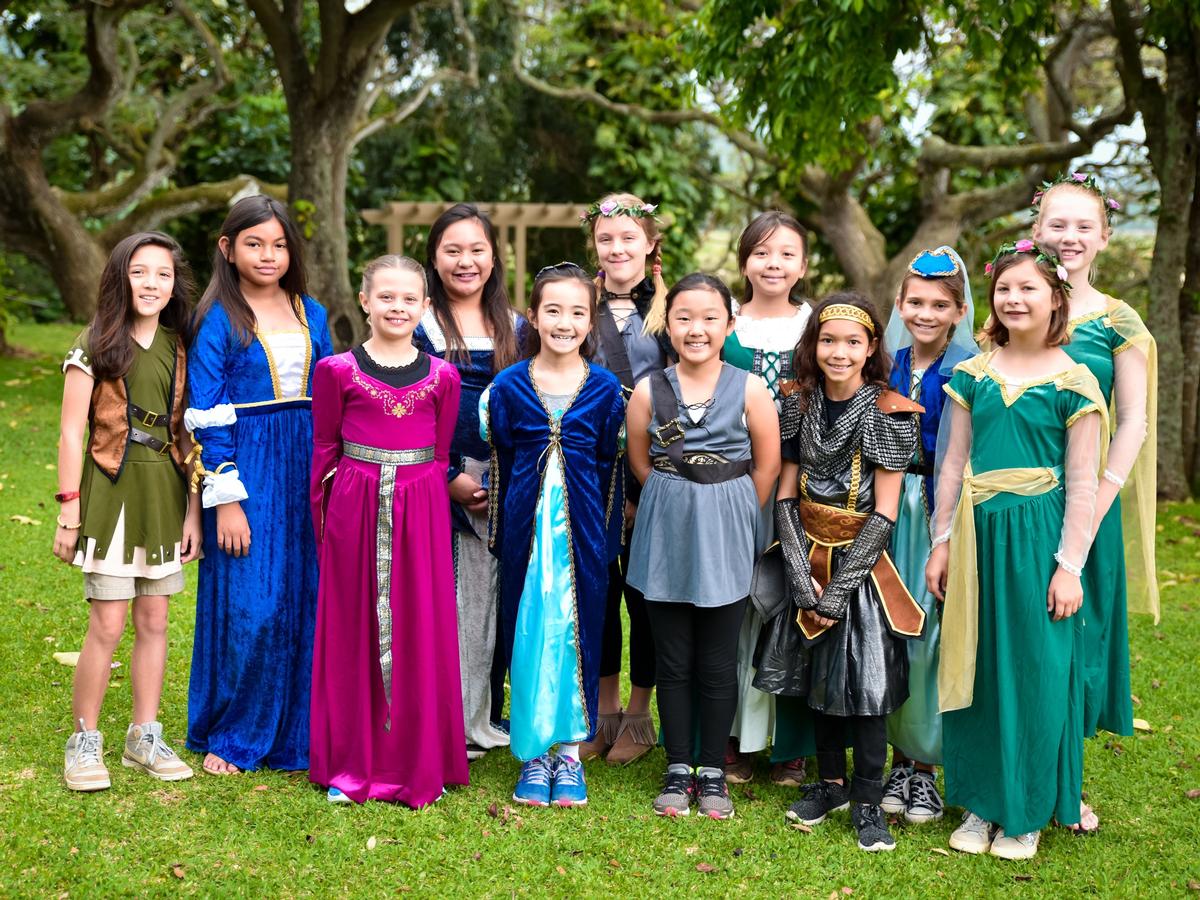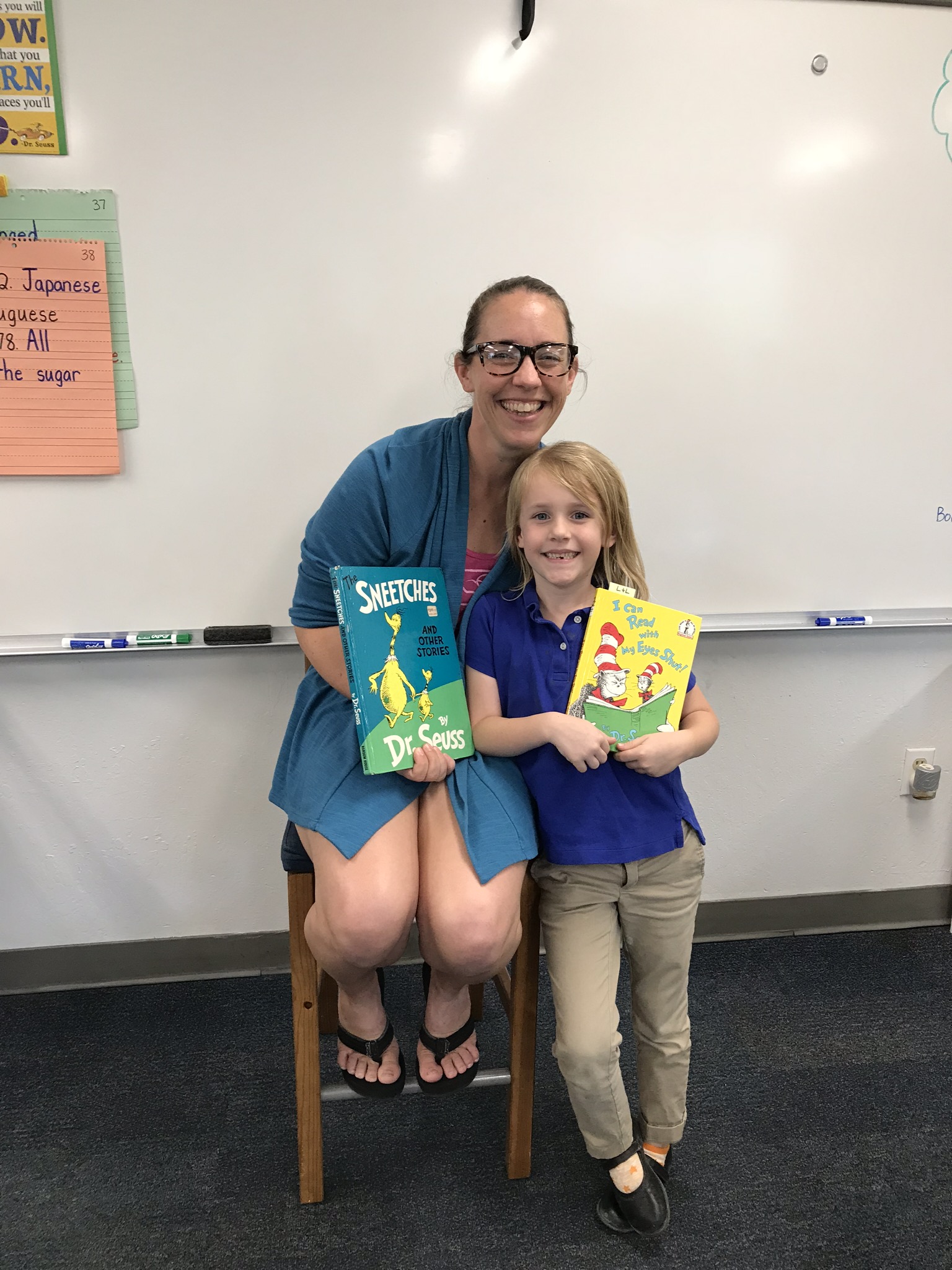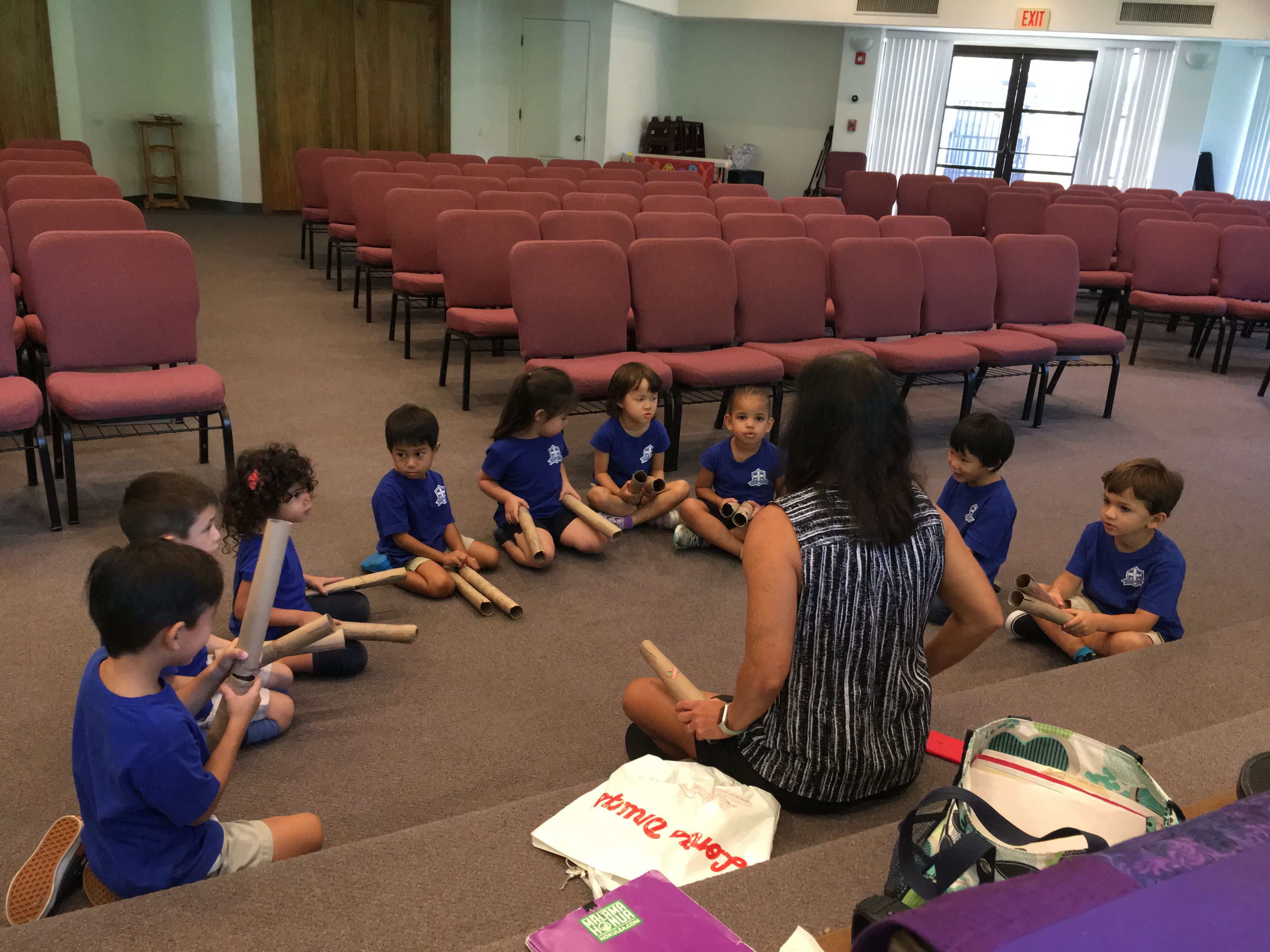Finding the Difference between the IB Program and Classical Christian Education: Part 4

Finding the Difference Part 4: On the Classics & the Gospel
Written by Mark Brians, 7th & 10th Grade Humanities Teacher
(This is the final installation in a series of four essays, click here for part one, and here and here, for parts two, and three, respectively).
Where do we find our definitions?
In his masterful work on virtue, philosopher Alasdair McIntyre has explained how we “can only answer the question ‘What am I to do?’ if I can answer the prior question ‘Of what story or stories do I find myself a part?’”
In much of this discussion about the major differences which distinguish the classical Christian tradition from other modes of education (the IB Program in particular), we have highlighted how these differences come from differences of definition: what it means to be human, what the purpose of education is, and how to measure excellence. These definitions are, in some sense, like answers to the question above, “what am I to do?” The answers and definitions furnished by classical Christian pedagogy, which we have discussed, are born from a prior answer to a more fundamental question, “of what story or stories are we a part?”
To this question we offer a simple answer: we are a part of the Gospel story —God’s story. But God’s story is a large one, including within it, many smaller stories. In being a part of the Gospel story, we find ourselves inextricably inheritors of another story, the classical one (hence the term for our pedagogy, “classical Christian education”). In this final essay, we will examine what exactly we mean by this, and why this matters for school life.
 What do we mean by “Classics” and “Christian”?
What do we mean by “Classics” and “Christian”?
By “Christian” we refer to the Person of Jesus Christ as He is faithfully revealed in scripture. By this we refer, concomitantly, to the life and witness of the people of God in history and across the globe; and to the work of the Spirit of God in and through His Church.
By “classical” we refer to the collective wisdom and experience of the human past in general, with a particular focus on those of the West and Hawaii. This includes but is not limited to the histories, and names, and songs, and genealogies, and thoughts, and stories, and scientific discoveries, and skills, and practices, and knowledge, and moral lessons, and failed attempts at glory, and great victories; the living and dying of those people who came before us and gave us the now which we inherit by nature of being alive. We are the inheritors of a world that existed before we did, in the Gospel we are commissioned to be a part of the story God gave it.
Why does this matter for school life?
This may seem strange in an era that is deeply suspicious of words like “tradition” or “authority” and where the prevailing attitude in literature, philosophy, and history studies is purely critical (as opposed to receptive, attentive, grateful).
The problem, however with our culture’s deep resentment of authority and the past, is that it creates a vacuum in which nothing is called true except for inert “fact.” Roger Lundin incisively reveals what happens to a culture in the absence of these greater common authorities: “Instead of appealing to an authority outside of ourselves, we can only seek to marshal our rhetorical abilities to wage the political battles necessary to protect our preferences and to prohibit expressions of preference that threaten or annoy us.”
The observations of Clark and Jain is that “all education takes place in a context of a mythos (story), a logos (reason), and practices. Without a commitment to a tradition that establishes these, education is a drift from its moorings… and technological solutions alone will only protect us for a time.” Rather than balk against the notion of authority beyond the myopic present, we acknowledge, in the words of Michael Polanyi, that “no human mind can function without accepting authority, custom, and tradition: it must rely on them for the mere use of language.”
The classical Christian model of education begins its course by building a “robust and poetic moral education” grounded in the Gospel of Jesus and the wisdom of the classical tradition before moving to analysis or critique. This does not only help us to “get the facts” but enables us to array them within a life-giving framework by which we can work cooperatively, creatively and rationally towards critical thinking and thoughtful exploration. Instead of seeing the witness of history or the authority of the Gospel as foreclosures on human discovery, an ugly “gulf to be bridged,” we celebrate them as “the supportive ground of process in which the present is rooted.”
So far from eschewing the analytical, or “higher order”, categories of student performance, this bedrock, laid in the richness of the human past (“the classical”) under the genius of the Gospel (the Christian), actually produce the kind of vibrant academic community so many educators and families long for.
The Gospel is light, and in that Light, we see the light. Only within the fecundity of a historical witness and the Gospel that offers an authority beyond individual urges does reason truly flourish. As Gustav Mahler said, “Tradition is not the worship of ashes, but the preservation of fire.”
Looking for more? Read our Grand Tour blog and Athletics blog!


